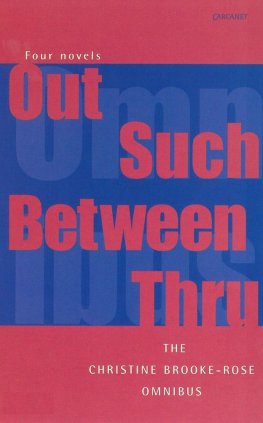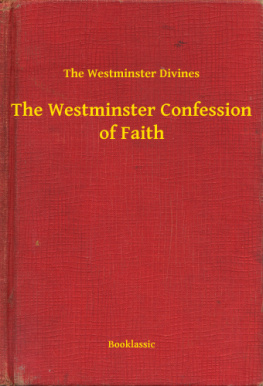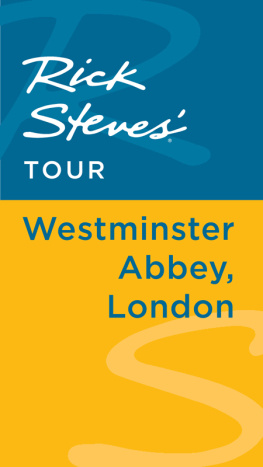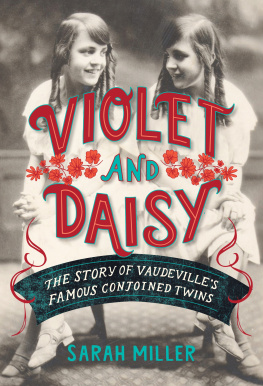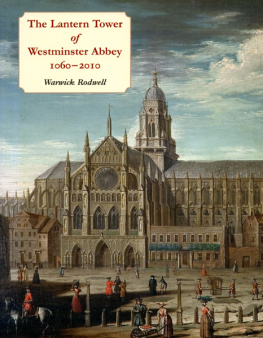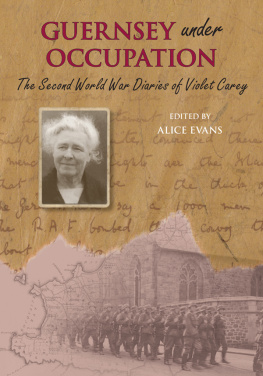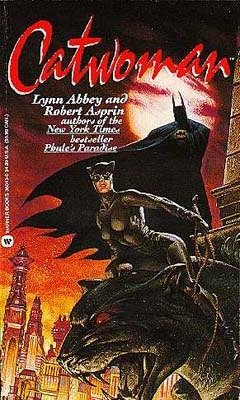" It is with history as with travelling through a great
country. The by-ways are often the most pleasant. "
[image]
HENRY VII's CHAPEL.
The Story of
Westminster Abbey
Being some Account of that Ancient
Foundation, its Builders and
those who Sleep therein.
BY
VIOLET BROOKE-HUNT
AUTHOR OF
"PRISONERS IN THE TOWER OF LONDON," "LORD ROBERTS," ETC.
London
JAMES NISBET & CO., LIMITED
21 BERNERS STREET
1902
INTRODUCTION
Geoffrey's father had gone to be the representative of the Mother Country in one of the distant Colonies, and as the boy had "more brains than body," to quote his house-master, his parents had taken him with them for a time, making a long journey first. When he came home to go to Eton, I found him a much-travelled person, brimming over with a host of new ideas and impressions, though otherwise the same original dreamy boy as ever. The inches he had added to his height and his chest testified to the success of the experiment on that score, while it was evident that his active little brain and his big eyes had made the most of their opportunities.
"I seemed to be doing lessons all day," he confided to me, "only they weren't lessons out of a book, and they seemed so much easier to remember. I wish I could always learn things by seeing them!" As the Christmas holidays had to be spent in London, I took Geoffrey at his word, and one morning we wandered down to Westminster Abbey for the ostensible purpose of seeing the Coronation Chair. Of course we saw a great deal more, and one visit led to another.
"It's not a bit like a churchyard, though it is full of monuments," was Geoffrey's criticism one morning. "It is just a book about English history right from the very beginning; and please I want you to write it all down; because now I've seen the places and the monuments and the figures, I shall understand reading about them."
I demurred, but Geoffrey had answers for most of my objections, and here is his view of the matter, imparted to me in fragments and at intervals during the day.
"It's not only what I want," he said, "but I know some of the boys and girls where father is would like it too, especially if you put in plenty of pictures. You see though lots of them have never been over here at all, they always call England home, and they all mean to come some day. And of course when they do come they will go to Westminster Abbey, because it partly belongs to them. I am afraid I can't explain it very well, but what I mean is that now I have learned so many new things about the Abbey, I feel as if I understood ever so much more about history; not the dates and the Acts of Parliament and the dull parts, but the kings and the queens, and the important men who really lived and did things. And all those people must belong to every one who is English, no matter where they live, mustn't they? So if you put them all into a book, every one who reads it will know what to go and look for in the Abbey, and they won't feel quite strange when they get inside the doors, because they will see old friends all around them."
Geoffrey's remarks were suggestive, to say the least of them, and as he spoke I could not help feeling that there were other boys and girls besides those across the seas, and possibly some grown-up people too, who would learn to better know and love the Abbey, with its eight hundred years of unbroken traditions, if they could read its story written in simple language and told in a simple way.
That is at once my excuse and my justification for a book which does not aspire to be technical, exhaustive, or very erudite. Critics will find plenty to criticise, especially in the latter part, for I am well aware that with such a mass of material to draw from, much has been left unsaid that is nevertheless full of interest. Many events have of necessity been crowded into a few lines, when a few chapters would not have done them justice, while I plead guilty to having dwelt at greater length on some names than is perhaps warranted by their actual position in history. Broadly speaking, my desire has been, firstly, to consider the Abbey as including the Palace of Westminster, and to weave men and events connected with both into the story; secondly, to try and make clear how wonderfully representative, how all-embracing, is this glorious old Church, with its continual reminder to us that though former things may pass away, new things for ever spring up to fill the empty places.
Then Geoffrey had his favourites and I had mine, for both of us in our different ways are hero-worshippers, and thus has our selection been made.
For the rest, I can only feel that, despite its shortcomings, the book will not altogether fail in its object if it makes the Abbey a more familiar place to the boys and girls of the Empire, if it helps, in the words of Matthew of Paris, "to keep alive the memory of the good in the past generations, for the which all sacred historians have striven, from Moses down to the deep-souled chroniclers of the years in which we ourselves are living."
Many are the books to which I am deeply indebted, but especially would I mention, among other works, Dart's "History of the Abbey Church" (1723), Widmore's "History of the Church of St. Peter" (1750), Neale and Brayley on "The History and Antiquities of the Abbey" (1818), and portions of the Chronicles, Matthew of Paris, Froissard, and Stowe. Among modern works Dean Stanley's "Memorials" easily takes the first place, as much for the charm of its style as for its general value and admirable classification; and I am especially obliged to Mr. John Murray, the publisher, for allowing me to use two of the copyright plans from this book. Stanley's "Sermons on Special Occasions" are also so closely connected with Westminster Abbey that I have found them very suggestive.
The Deanery Guide is invaluable, and contains a storehouse of information concisely and correctly tabulated. No one should go round the Abbey for the first time without this excellent little work, and I gratefully acknowledge the assistance it has been to me. I must also include the "Annals of Westminster Abbey," by Mrs. Murray Smith; "Westminster Abbey," by W. J. Loftie; "Westminster," by Sir Walter Besant, and "A Little Guide to Westminster," by E. M. Troutbeck.
For more general information and for biography I have turned to the standard histories, especially to Freeman's "Norman Conquest," and to those most useful lists of authorities given in the "Dictionary of National Biography."
VIOLET BROOKE-HUNT.
45 ALBERT GATE, S.W.
February 1902.
CONTENTS
WITH KINGS AND QUEENS IN THE ABBEY
AMONG THE MONUMENTS
LIST OF ILLUSTRATIONS
...... Frontispiece
ERRATUM.
Page 99, line 1, for 1388 read 1399.
[Transcriber's note: the above erratum has been applied to this text.]
PART I
WITH KINGS AND QUEENS IN
THE ABBEY
[image]
VAULTING IN HENRY VII.'s CHAPEL.
THE STORY OF
WESTMINSTER ABBEY
CHAPTER I
IN THE MISTY PAST
"Without the walles of London, uppon the river Thames, there was in Times past, a little monasterie, builded to the honour of God and St. Peter, with a few Benedict monkes in it, under an Abbote serving Christe. Very poore they were, and little was given them for their reliefe. Here the king intended, for that it was near to the famous citie of London, and the river of Thames, that brought in all kinds of merchandizes, from all partes of the worlde, to make his sepulchre: he commanded that of the renters of all his rentes the work should be begunne, in such a sorte, as should become the Prince of the Apostles."



